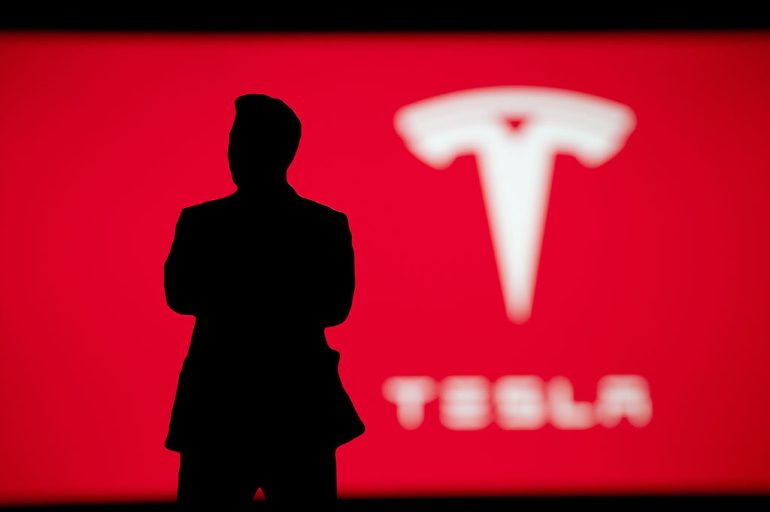
In the wake of the 2024 U.S. presidential election, Elon Musk, CEO of Tesla and SpaceX, has found himself uniquely positioned to influence key national policies under President-elect Donald Trump’s administration. Following Trump’s victory over Vice President Kamala Harris, Tesla’s shares spiked 14%, signaling investor optimism in Musk’s potential sway over upcoming policy shifts. For Tesla and Musk’s other ventures, these ties to Trump promise significant financial and regulatory implications.
The post-election market reaction underscores the potential benefits Tesla stands to gain from Musk’s close association with Trump. In just one day, Tesla’s stock gained 14%, adding an astonishing $110 billion to its market valuation. Investors are likely banking on Trump’s government stance to favor Musk’s interests, particularly in an industry currently navigating both supportive and restrictive policies.
Also, don’t forget that you can get discounted new car pricing with a free quote through qualified local dealer partners.
Musk, a prominent figure in the tech and defense sectors, contributed millions to Trump’s campaign, cementing a relationship that has made him one of Trump’s most influential supporters. Trump has responded with plans to establish a government efficiency commission, naming Musk as a potential leader to oversee reductions in federal spending.
As Trump eyes sweeping regulatory cuts, Musk’s leadership on a government efficiency commission could become a pivotal influence over the tech and EV industries. With his background in government contracting through SpaceX’s Starlink program, Musk has built rapport with U.S. defense agencies, which may help smooth regulatory hurdles. One major goal could involve accelerating approvals for Tesla’s Full Self-Driving (FSD) software, a feature that has faced repeated regulatory delays. With Musk in Trump’s corner, Tesla might see streamlined federal approvals for autonomous vehicle advancements — a key factor that could bolster Tesla’s competitive edge.
However, Trump’s broader stance on environmental policies may prove complex for Tesla. The incoming administration is expected to roll back parts of the Inflation Reduction Act (IRA), particularly the provisions supporting green technology and renewable energy that were expanded under President Biden. Tesla, benefiting from EV and solar tax credits, could face reductions in incentives — though this may hurt Tesla’s competitors more severely. With its robust market presence, Tesla might adapt more easily to reduced subsidies than smaller players like Rivian and Lucid, whose shares have already plummeted 7.5% and 9.4%, respectively, in reaction to the election news.
Trump’s tough stance on China could play out well for Tesla. The President-elect has pledged to introduce tariffs on Chinese imports, including electric vehicles, which would hamper competition from major Chinese EV players like BYD. Such measures could give Tesla a larger share of the U.S. market and greater pricing power as Chinese competitors struggle to maintain price parity. This could prove particularly advantageous given Tesla’s aggressive expansion plans in the U.S., including a second manufacturing facility under construction in Texas.
Musk’s multifaceted role across the automotive, space, artificial intelligence, and renewable energy sectors raises inevitable conflicts of interest, especially as he potentially steps into a governmental advisory position. His influence on U.S. policy could range from easing AI and EV regulatory requirements to shaping space exploration priorities — areas where Musk’s own ventures would directly benefit.
Analysts like Mamta Valechha from Quilter Cheviot suggest that Musk’s potential oversight of regulatory policies could extend well into sectors he dominates, particularly those involving AI, EVs, and renewable energy. Historically critical of federal oversight in industries like aerospace, Musk may push for reduced regulatory scrutiny, aiming to accelerate innovation timelines.
Despite Trump’s mixed record on environmental policy, Musk’s commitment to carbon-free energy solutions, from solar panels to battery technology, is unwavering. While Trump’s administration has signaled a rollback on certain green energy projects, Republican-dominated states like Texas have still reaped benefits from renewable energy initiatives under the IRA. Tesla’s continued growth in states with large green energy markets, like its factory expansion in Texas, indicates that Musk may continue supporting renewable solutions regardless of federal shifts.
The Musk-Trump alliance is likely to leave an indelible mark on both U.S. policy and the EV industry’s trajectory. For Tesla, the relationship could mean an expedited path for its ambitious innovations, particularly in FSD technology and AI-powered manufacturing. Yet, the relationship also introduces potential ethical challenges and conflicts of interest as Musk navigates his influential roles across various sectors.
As markets adjust to the new reality of a Trump administration with Musk as a key ally, investors and industry leaders will closely watch Tesla’s next moves. If Musk leverages his political influence effectively, Tesla may be poised to lead the way in shaping the future of EVs and renewable energy — while its competitors grapple with a changing regulatory landscape.